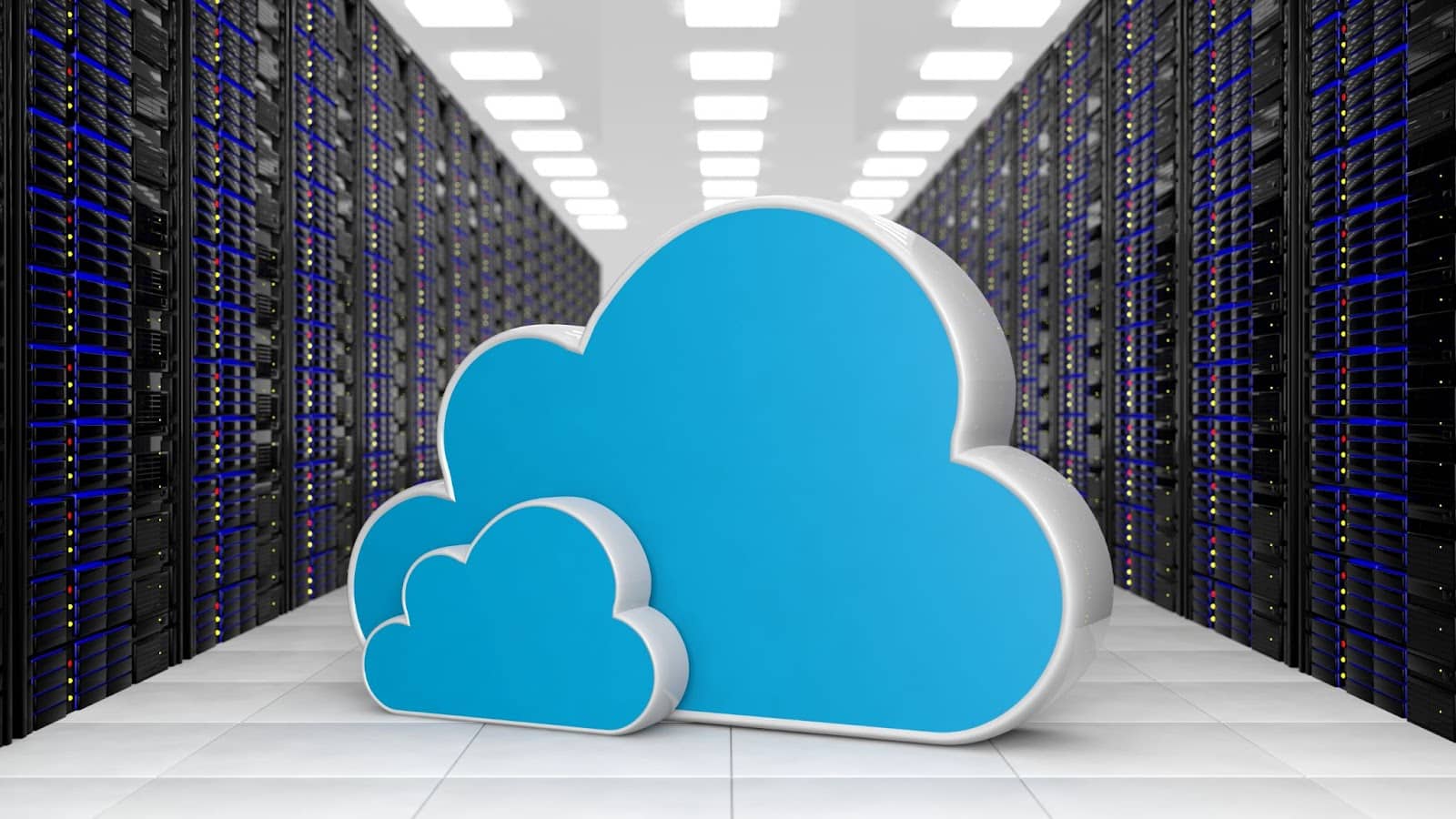Cloud storage is a cloud computing model that allows you to save data and files in an off-site location that you can access through the public internet or a virtual private network (VPN). Users typically pay for cloud storage at a per-consumption, monthly rate.
Cloud storage eliminates the need to buy and manage your own data storage infrastructure, saving you a significant amount of time and money. Cloud service providers (CSPs) will host, secure, manage, and maintain the servers and associated infrastructure and ensure that you have access to the data wherever and whenever you need it.
How Does Cloud Storage Work?
CSPs maintain large data centers in multiple locations around the world. Most of the servers you use are virtual machines hosted on a physical server. As the storage needs of your business increase, the provider creates new virtual servers to meet demand.
When customers purchase cloud storage from a third-party provider, they turn over most aspects of cloud storage to the vendor, including security, capacity, storage servers, computer resources, data availability, and delivery over a network.
Applications access the stored cloud data through traditional storage protocols or directly via an API. Many CSPs offer complementary services designed to help collect, manage, secure, and analyze data on a massive scale.

Types of Cloud Storage
How cloud storage works depends on the type of storage used. The three main types of cloud storage include object storage, file storage, and block storage. Each offers its advantages and has its use cases.
Block Storage
Some enterprise applications like databases or ERP systems often require dedicated, low latency storage for each host. Block storage divides large volumes of data into smaller, more manageable units called blocks. Each block is associated with a unique identifier and placed on one of the system’s storage drives. Block storage is fast, efficient, and provides the ultra-low latency needed for high-performance workloads.
File Storage
File storage solutions are ideal for large content repositories, development environments, media stores, and user home directories. File storage organizes data in a hierarchical system of files and folders, storing data in files and placing the files into folders. Directories and subdirectories locate the data and files while arranging the folders. Network Attached Storage (NAS) servers generally support this type of storage.
Object Storage
Object storage consists of three components: data stored in a file, metadata associated with the data file, and a unique identifier. Using a REST API, an object storage protocol stores a file and its associated metadata as a single object and assigns it an identification (ID) number. Object storage solutions are ideal for building modern applications from scratch that require vast scalability and flexibility. They can also import existing data stores for analytics, backup, and archive.

Benefits of Cloud Storage
Cloud storage solutions result in cost savings and greater convenience for users compared to traditional storage area networks (SANs). Storing data in the cloud allows IT departments to transform in several ways and offers organizations a wide range of benefits, including:
- Quick implementation
- Pay as you go
- Off-site management
- Scalability
- Business continuity
- Global availability
How to Use Cloud Storage
There are various ways you can use cloud storage to benefit your business.
Backup and Recovery
Data backup and recovery ensures that your data is secure against threats and accessible in case of file corruption, virus, security, or human error. Cloud storage brings low cost, high durability, and extreme scale to backup and recovery solutions.
Big Data Projects
Over time, traditional on-premises storage solutions can be inconsistent in their cost, performance, and scalability. Big data projects demand large-scale, highly available, affordable, and secure storage pools, commonly referred to as data lakes. Data lakes built on object storage keep information in its native form and include rich metadata for selective extraction and analysis.
Cloud Data Migration
IT administrators may have concerns about transferring large amounts of data to the cloud — the process can be costly and time-consuming. Cloud storage services can simplify migration to the cloud by addressing high network costs, long transfer times, and security concerns.
Software Test and Development
One of the best ways to use cloud storage is for a test and development environment. Software testing and development often require separate, independent, and duplicate storage environments. Organizations can create these application environments quickly by leveraging cloud storage’s flexibility, performance, and pay-as-you-go storage options.
Store in the Cloud with Mindcore
Mindcore provides cloud computing services, including cloud storage, for companies across New Jersey and Florida. We can help you save on hardware and maintenance costs while keeping your data protected in the cloud. Contact us for more information or to schedule a consultation with a member of our team today.

